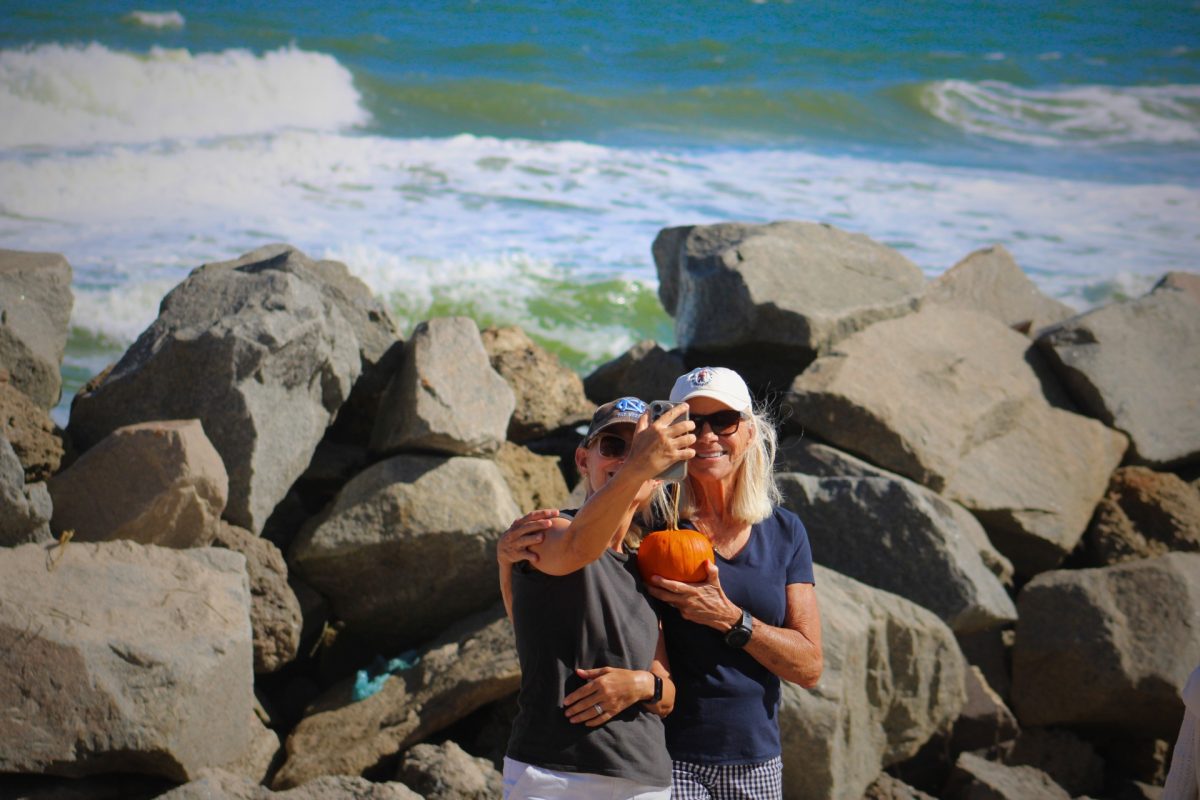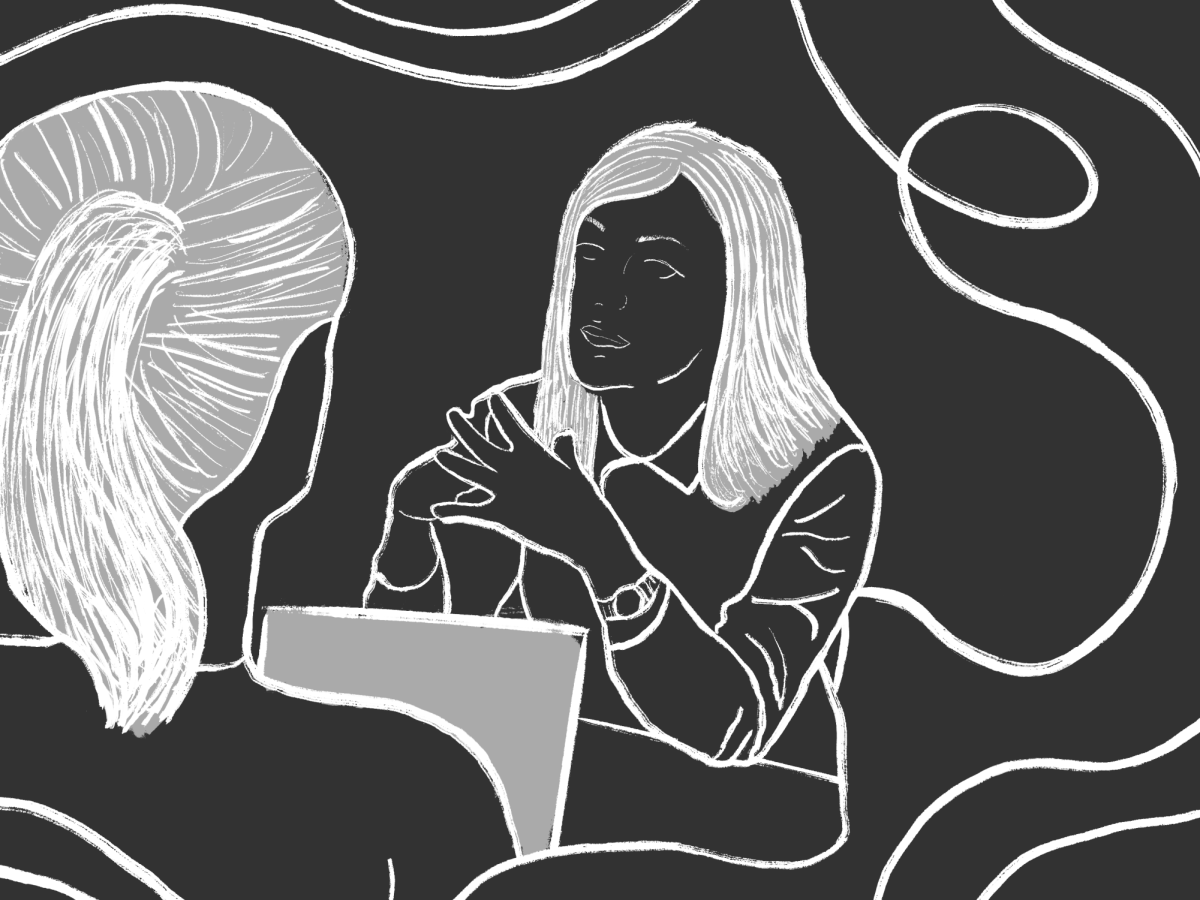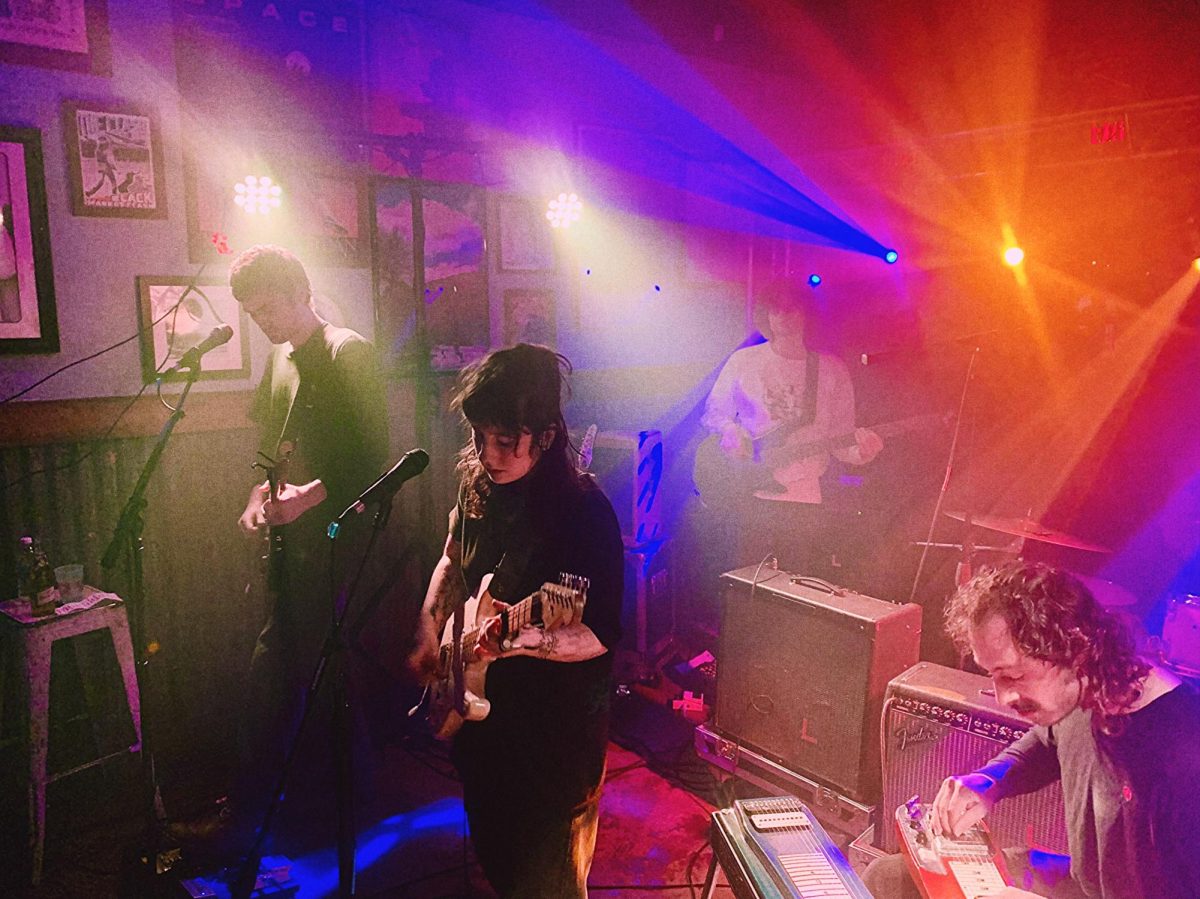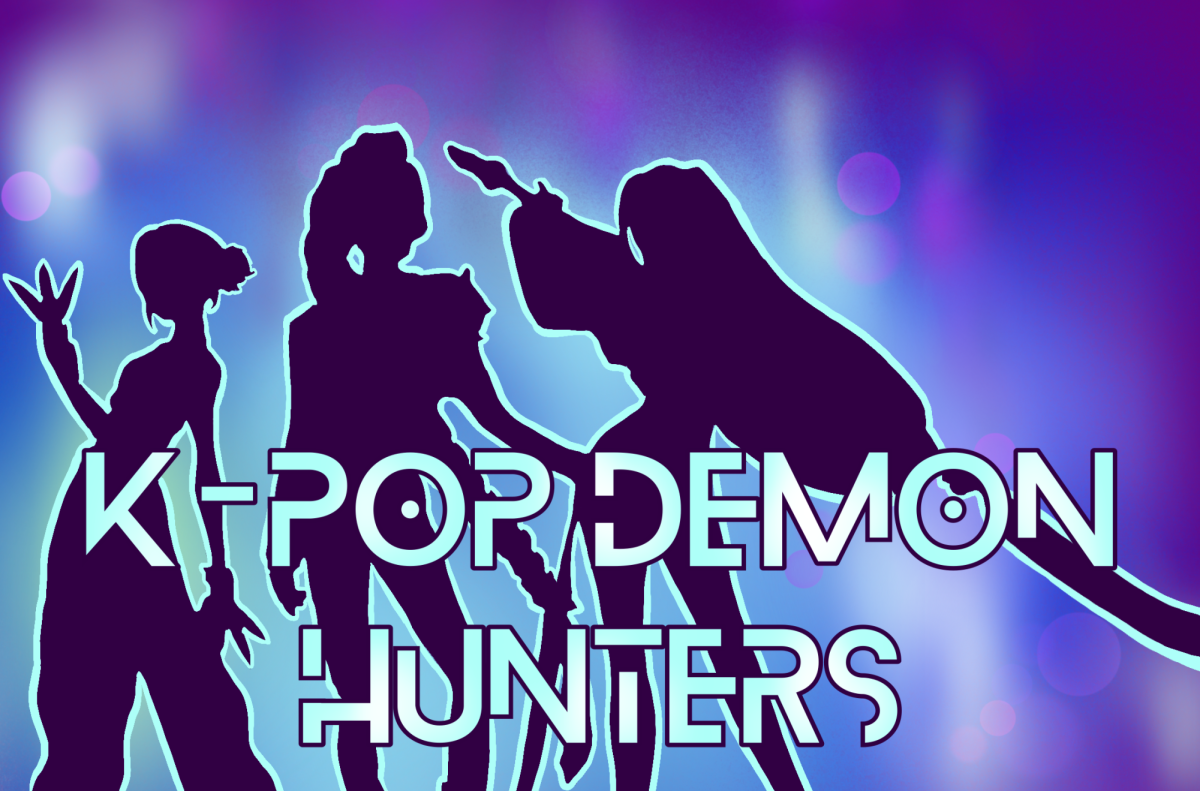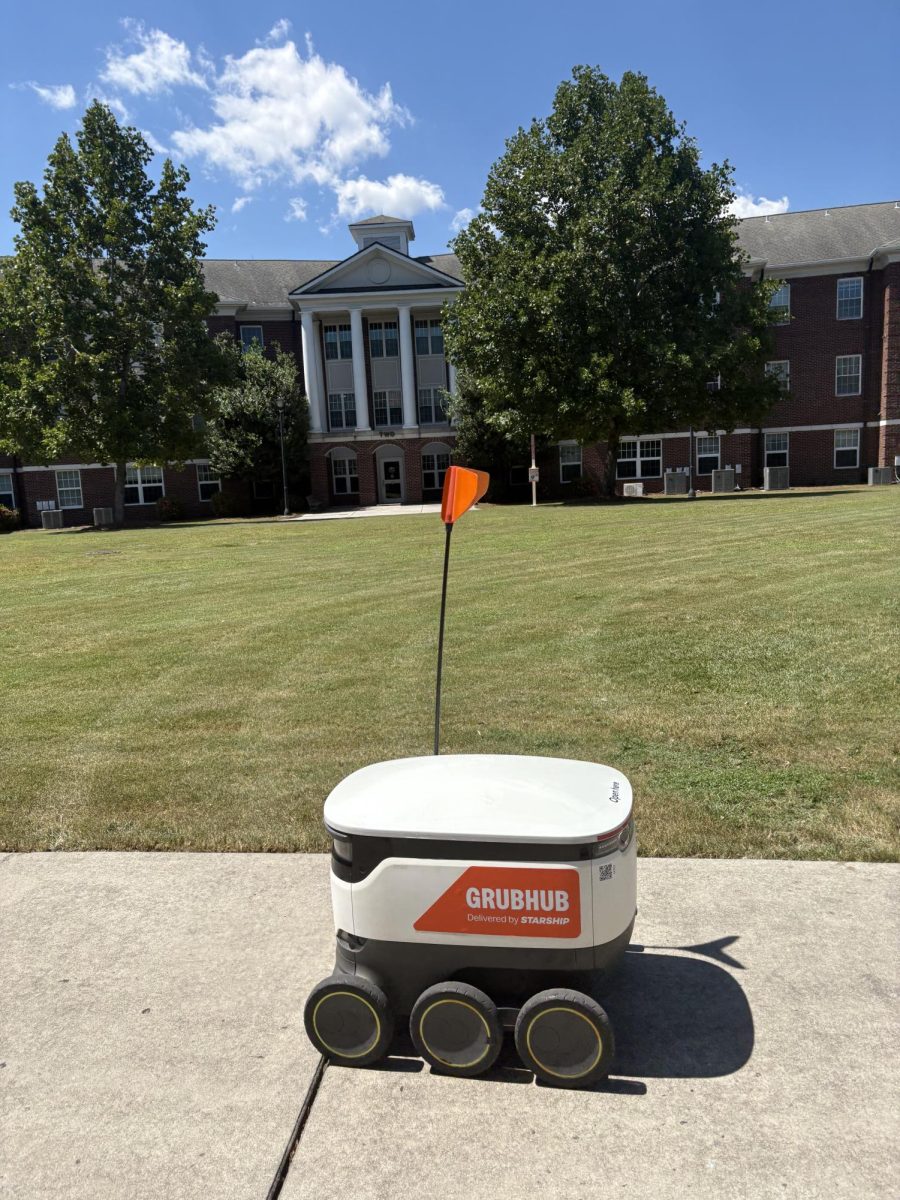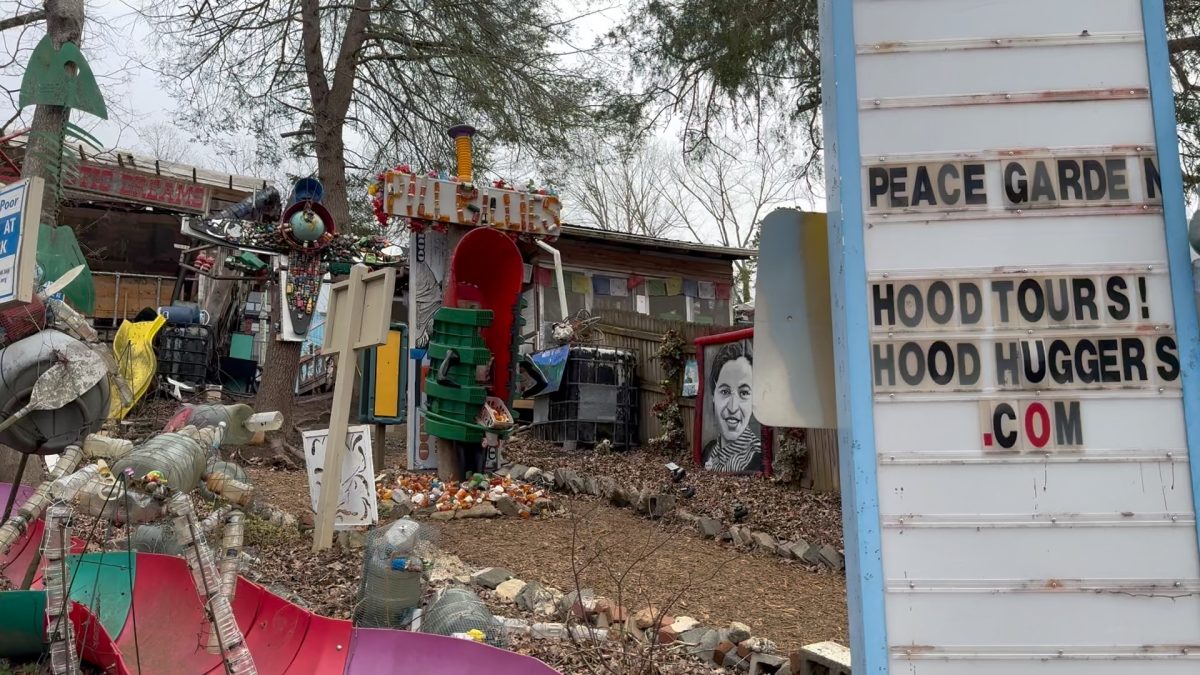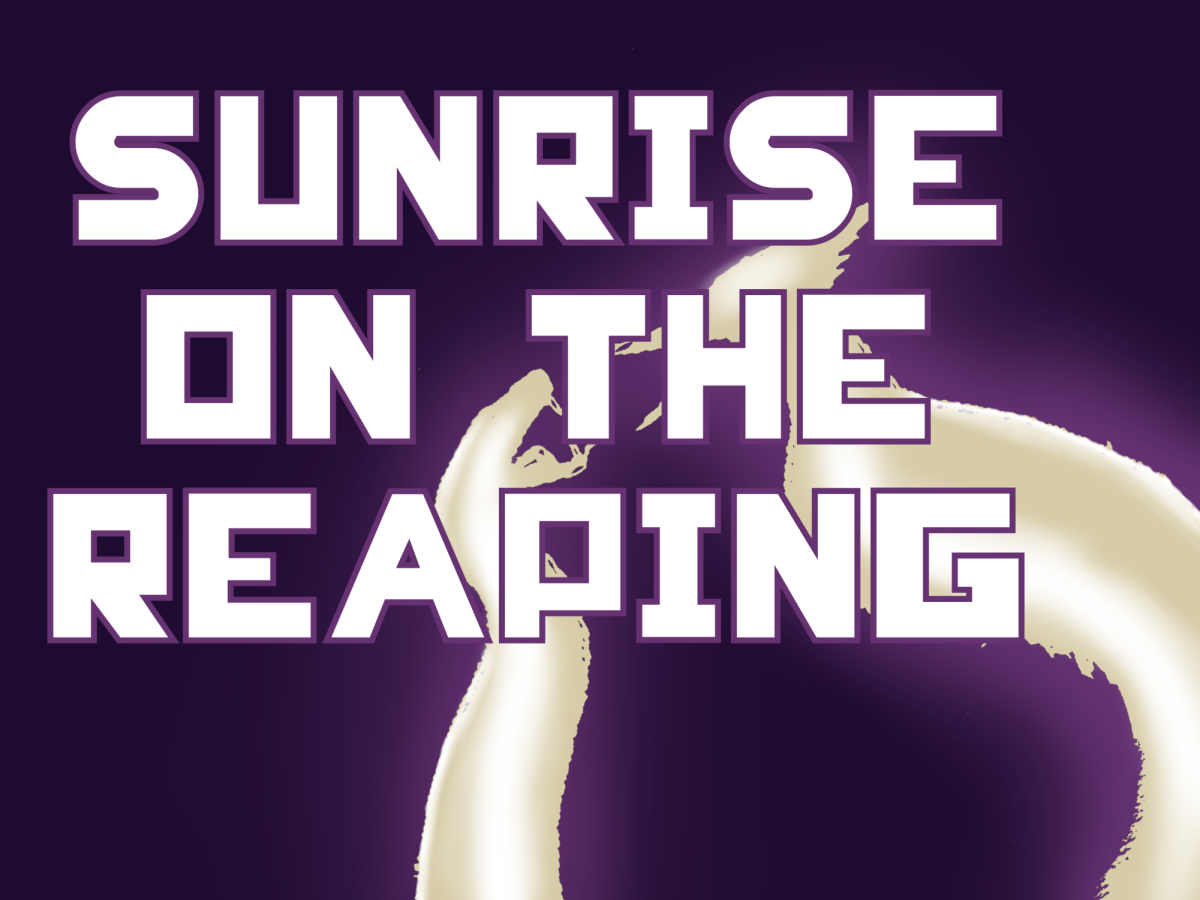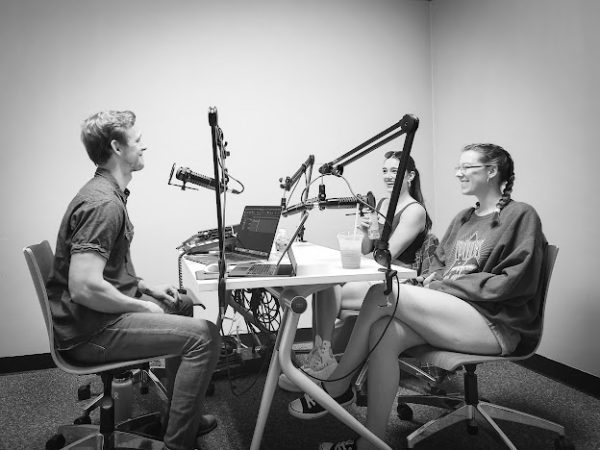
I recently sat down with Daniel Wright, the creator of the upcoming “official unofficial” English Department podcast, Relevate. Through the best Zoom call Randall Library Wi-Fi can facilitate, we had an enlightening chat about his upcoming podcast, his purpose behind creating Relevate and the importance of the humanities. I first began by asking him, soon after he put his daughter down for a nap, how he manages children, work, graduate school and still has the time to create a podcast.
So, Dan, you have your family, work and graduate school. You’re clearly a busy guy. I can see how it would be easy to “go through the motions” of your degree just to get it done, given everything on your plate. What caused you to want to take on this extra responsibility of creating a humanities-focused podcast here at UNCW?
“Before I even set out to do it, this was last January, I knew I cared very much about the humanities and I care very much about the English Department when I came to UNCW. Something that I’ve always wanted to do is be a literature professor,” Dan told me.
“I’ve always wanted to continue through all the academia that I will have in front of me and at the end of this long road be a professor. Something that has been very disappointing in the last couple years is the cultural discourse around the humanities and around English. … has been this sort of fight for relevance… or what a lot of people would say is irrelevance.” He really made sure to stress that last point as he continued, “It just feels like every year we get a new New Yorker article or Washington Post or New York Times article talking about ‘is the English major dying?’ ‘Where are the humanities going?’ That’s being felt everywhere to the point where those conversations have taken such a center stage that now colleges themselves are succumbing to it and saying, ‘Well, yeah, why do we care about English? Why do we care about the humanities?’”
You start to wonder it yourself given it often can seem like ‘the writing is on the wall’, so to speak.
“Right! ‘Let’s start cutting funding to those programs and stop hiring new professors and sort of shrink those programs.’ Or, in UNCW’s case, break up those programs. So now we have the whole new college, 12 different subsections. Everything’s broken up in a different new way. And because of that, it makes the job outlook for people who want to be English professors, literature professors, really bleak. It’s really, really hard to get a job as an English professor these days and in the foreseeable future because these departments are only getting smaller. And in some colleges, like in Florida and in Georgia, there are a couple state institutions that have dissolved their humanities colleges. They’re just like, ‘Yeah, we just aren’t going to offer that anymore because there’s not enough interest.’ And it’s sort of this weird – what I think to be self-fulfilling prophecy – where the discourse says nothing but ‘humanities majors don’t matter.’ And because of that, people then will believe that the humanities just don’t matter. So, they are less inclined to enroll in those programs, which then makes those programs have lesser numbers of students in them, which then makes the faculty and the administration point to it and be like, ‘Well, look, there’s less and less people every year that are enrolling in humanities courses. We’re going to cut your funding.’”
I can tell you’ve really thought about this from many directions. How does that lead you to wanting to create this podcast?
“I don’t really listen to it a whole lot, but I was enthralled by the Andrew Huberman podcast, [Huberman Lab Podcast]. Andrew Huberman is a neuroscientist who has a very successful podcast. And he’s just a teacher there [at Stanford University], but he started a podcast to create a more public facing platform for neuroscience and just science in general. And I was like, ‘Well, why don’t we try to do something like that with literature?’ The general idea is that if you have a higher degree in English, you are either going to be a high school English teacher, you’re going to be a community college English teacher or you might go all the way to teaching college English. But your research, if you do research, is probably just looking at Tolkien and Shakespeare and Chaucer.” This really made me chuckle. “They only think that it would be the classics. And that’s really, really far from the truth.”
I could really see where Dan was coming from. As a senior soon obtaining a bachelor’s degree in English, I often looked at the options during the course of my degree without much excitement. In reality, there’s so much one can do with a degree in the humanities if one wishes to seek the opportunities out.
“I’m in the BA/MA program, the BA (Bachelors) to MA (Masters) program. And so, my first semester in the BA/MA program, you have to take 501. And 501 is just an intro to research methods class, but at the graduate school level. For the whole class you just pick something that you are very interested in researching in that falls within the field of the humanities, and then you spend the whole semester doing a really big research project to the point where the cumulative project at the end is like a conference paper. And I was just positively blown away.”
“There were like 15 people in my class, and I was blown away by the sheer breadth of subject matter that we covered in the whole class. Everybody talked about something that was completely different. You know what nobody talked about?”
“Nobody talked about Chaucer.”
“Nobody talked about—well I talked about Tolkien a little bit.”
“Nobody talked about Shakespeare.”
“And that really blew me away. I was thinking when I came away from that class, I was like, how do we make this breadth of research options more public facing? How do we show a large audience of people what it really is that we are researching in the humanities, what we do in this department, what we are doing in our classes, talking about in our classes, what our professors are researching and looking into? If you sit down with your professors and talk to them about what they are researching, nine times out of 10, it is one of the most fascinating things you’ve ever heard in your life. You’re like, why aren’t we all talking about that? So, I wanted to create a public facing platform, sort of like what Andrew Huberman does with making neuroscience more of a publicly talked about field of science. In English, we don’t have anything like that. There aren’t a lot of public facing platforms where you can go to and be like, ‘Oh, this is all of the good research that is being done in the humanities all across the country or at a specific university,’ because most of the time, it’s because if you talk to a professor, they’ll tell you. Like Dr. Nicholas Laudadio is a really good example of this, where he’s saying that he has been writing on fiction, culture and music for the last 22 years and he basically only publishes for about five people in Germany to read his work. I was like, that’s such a shame. You know, because I had him on the podcast and his interview is so incredibly interesting. Yeah, it’s like, more people should be able to be aware of this work that we’re doing.”
I heard you talk a little bit last semester about the way you came up with the name for the podcast “Relevate.” How did you come up with that name and what do you think its significance is, in the context of what you’re trying to do with the podcast?
“So, the word ‘relevate’ is actually a word that was introduced to me by Dr. Meghan Sweeney. It’s a word that she really likes. It’s sort of an antiquated word; it’s sort of fallen out of the common tongue. The Oxford English Dictionary defines ‘relevate’ as ‘the act of elevating or lifting up either a person or thing, literally or figuratively.’ So, it’s to re-elevate that which has been forgotten or lost. Relevation is exactly what we do in humanities research. We find the things that have been lost to time or ignored or under analyzed and we say, ‘This is worth talking about. This is something that is worth being brought back into the discourse.’”
It’s a good title.
“But it also gets at the heart of exactly what we do in the humanities.”
So, the actual recording of the podcast. How has that been going? What’s the process been like?
“It’s actually been super fun. When I launched this idea I started this last January 2024, I came to Dr. Sweeney, who is my faculty representative for the project, who has enabled me to do a lot of what I’ve been able to do. And I just sent out a huge email out to the whole department, to the faculty and to as many students as I could reach. And it was just, ‘Hey, I am launching this podcast. I want it to start coming out in the fall.’ So, the idea is that a guest comes on the show and that guest has a project, a paper or something that they have been working on, a book…and then you and I have a conversation. So, I just reach out to professors sometimes if I know that they’re doing something that I think would be interesting.”
“A solid number of them, most of them have reached out to me after I sent out that call for papers, basically, which was really nice. Everyone that’s come on has been super nice and the conversations are really interesting and really good. I’m so excited for these episodes to start coming out for people to start hearing them.”
One thing I’ve noticed is you’re also trying to have a lot of students on, people who aren’t necessarily doing this professionally yet. What do you think the podcast sort of gives to students who come on it and are aspiring to be in the research or teaching positions that their professors might be?
“I think that it’s important to have current students on to show what it is that they are working on in their programs, what they’re reading, what they’re researching, what they’re writing about, just to give either current students who are not happy in their biology or business major and are thinking about switching to literature because they have always loved to read to let them know, ‘Hey, this is all the cool stuff that we do over here.’”
“Or ideally, we would even get high school kids listening to this podcast. I want this to be a very public-facing platform where I would eventually love for thousands to millions of people to be listening to this every week to get a better idea of what humanities does. To have a 17, 18-year-old who’s graduating high school and is thinking about going to college and thinking, ‘Okay, what do I want to major in? Sure, I could major in business and then end up doing something business related with it, but I’ve always loved to read. I always love to read and write, but there’s no career in English.’ You could listen to this podcast and think, ‘Oh, actually, there’s so much that I could do in English.”
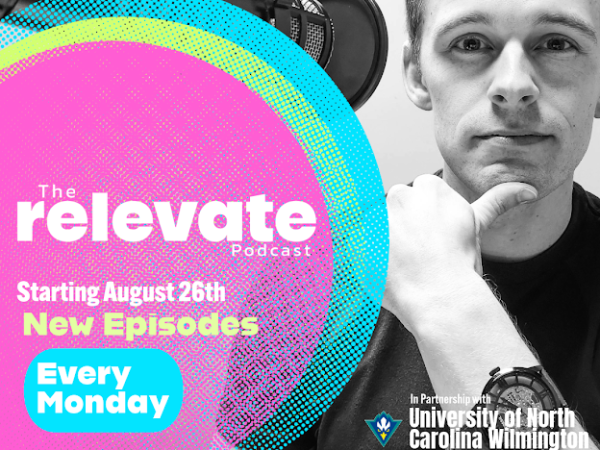
“The Relevate Podcast” releases its first episode Monday, Aug. 26, wherever you get your podcasts. Episodes will be released weekly featuring students and professors from around UNCW talking about what they’re working on and why they love the humanities.
You can learn more about the Podcast, and how you can submit content for episodes at:
https://www.audaciousmediallc.com/relevate



